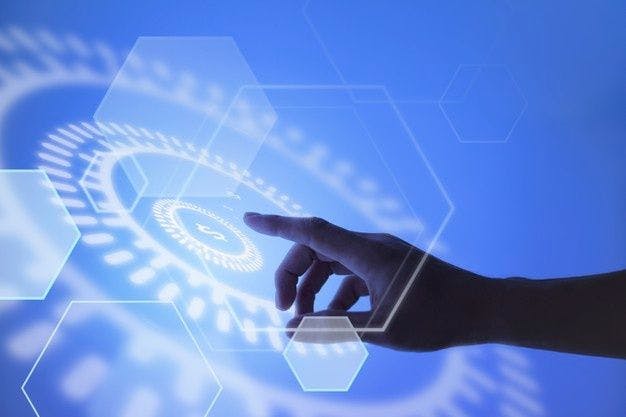255 reads
What are the Potential Use Cases of Decentralized Finance?
by
September 17th, 2021

Google-certified blockchain consultant in Australia, an expert in the fields of blockchain consulting, and development.
About Author
Google-certified blockchain consultant in Australia, an expert in the fields of blockchain consulting, and development.
